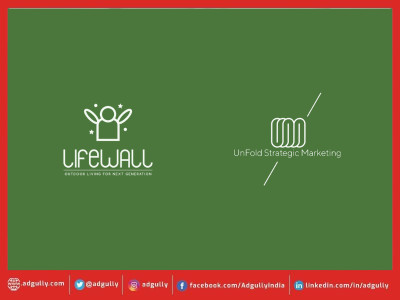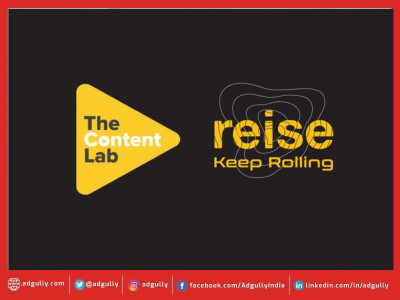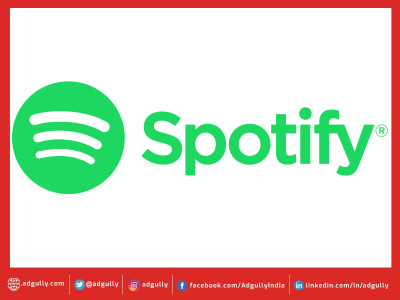Brands are now agents of positive change: Publicis looks at Reboot To A New Normal
There have been profound shifts in consumer behaviour in the wake of the lockdown enforced by the Government of India. Many of these behavioural changes are likely to stay long-term, reveals a study by Publicis Groupe India, titled ‘Reboot To A New Normal’. The detailed study examines the consumption patterns, media usage, purchase behaviour and overall marketing & brand trends in India, in the face of the COVID-19 outbreak as well as the impact on businesses, consumer sentiment and behaviour and the response of brands.
Anupriya Acharya, CEO, Publicis Groupe, South Asia, commented, “The impact of the COVID-19 pandemic has meant that uncertainty has become the norm for brands and businesses across sectors and geographies. Publicis Groupe, through this report, offers some of our latest insights tracing the evident change in consumer behaviour, resilience, and solidarity among brands in these times, conceivable future implications and the reboot in brand response to that. Most certainly, only the ones who imbibe this change, and more importantly, lead it, will emerge stronger. We look forward to and promise sharing the quest for the new normal, evolving businesses and robust communities.”
While the focus of the report remains on the Indian market, the study also draws on comparisons with other countries across US, Europe & APAC and predicts some of the outcomes ahead for brands.
Online is clearly the new norm as companies embrace remote work and rapidly digitise operations in order to ensure business continuity. However, many still struggle to operationalise work from home initiatives because of cumbersome compliance and technical requirements.
Indian consumers today are single-mindedly focusing on essential products, sidestepping discretionary purchases such as apparel, electronics and watches. Immunity-boosting products such as Honey and Chyawanprash see huge surge in demand, alongside medicines, face masks and hand sanitizers. As they brace for uncertain times ahead, consumers are panic-buying and tend to hoard supplies. Restaurants and food delivery apps have started offering contactless delivery. The demand however continues to be muted given hygiene-related concerns.
At the start of the outbreak, e-commerce witnessed huge momentum with people instinctively turning to online channels. The convenience, promotions and value deals on online grocery platforms has in any case always been a huge draw and the crisis accelerated demand. During this period, online retail received a short-term boost in the fresh food, personal hygiene, and food delivery categories. However, the shortage in stock and inability to deliver has led to frustration among consumers and has subsequently impacted sales volumes.
Television ratings, on the decline over the past year, have now experienced an exponential jump because of Coronavirus-related news. The trend is in line with other Asian markets such as China and Korea.
In the period between March 1 and 21, 2020, Gaming has witnessed a 41 per cent increase in time spent, while Entertainment & OTT have registered a 34 per cent increase.
Online news has become the de facto source of information, with digital editions of mainline publications seeing huge increase in traffic. Between March 16 and 22, there has been a whopping 61 per cent increase in visits to websites and mobile apps, as compared to a month ago. Regional publications also see huge online demand, as much as 50 per cent increase, significantly higher than that of English publications. Publishers may need to shift focus on to digital operations as it remains uncertain whether consumers will continue subscriptions of physical copies. Understandably, government notifications and health-related news in connection with the outbreak are the most consumed content categories.
Brands are now agents of positive change and are instrumental in spreading social awareness and information around COVID-19. Examples are: Viacom’s #PauseForACause campaign focusing on care-givers, Bajaj Alllianz’s #DooriHaiZaroori campaign on social-distancing, Jeep’s Explore The Great Indoors campaign on staying safe and indoors, and Zee’s #BreakTheCoronaOutbreak campaign urging viewers to wash hands and maintain hygiene.
With content consumption set to rise, brands are creating content relevant to their consumer, in areas such as health, fitness, DIY, food, mental health and entertainment. Brands can weather the current conditions by creating relevant content, developing an omni-channel strategy, addressing consumer anxiety through positive messaging, re-aligning brand and media strategy in line with consumer trends, using media in agile ways.
















Share
Facebook
YouTube
Tweet
Twitter
LinkedIn